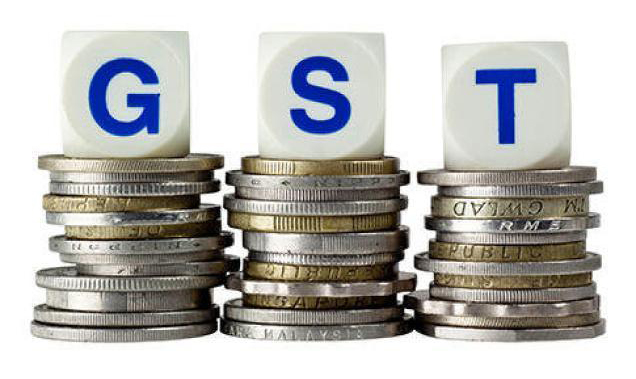Council meeting to pave way for GST Bills in Parliament, Assemblies
Business Standard
By Dilasha Seth
March 16, 2017. 03:01 IST
The draft SGST and UTGST Bills will be more or less replicas of the draft Central GST Bills

The Goods and Services Tax (GST) Council’s approval to key Bills on Thursday will play a crucial role for their passage in the current session of Parliament. This would also set the stage for tabling of the state GST (SGST) Bills in the respective state Assemblies, but the Jammu and Kashmir (J&K) Assembly will need to pass even central GST (CGST) and integrated GST (IGST) Bills as well.
According to the Constitution, constitutional amendments do not directly apply to J&K, as it gets a special treatment. Government sources pointed out that CGST and IGST will appear in different forms in the case of J&K.
Service tax for instance, which is a central levy, does not apply to J&K. But central excise is applicable.
J&K Finance Minister Haseeb Drabu told Business Standard that no Act of the government of India can directly apply to J&K. Hence, it will have to follow a process to implement GST. “Unlike other states, which will need to get just SGST passed by their Assemblies, we will need to get approval for CGST and IGST,” Drabu said. “The legislature will convene shortly and will take these Bills up,” he added.
If state Assemblies also pass their respective GST Bills in time, the new indirect taxation regime could be introduced from July 1.
The Council's meeting will take up SGST Bill and Union Territory GST (UTGST) Bill, having approved all the other Bills in the previous meetings.
The revised draft GST Bills approved by the GST Council has also introduced the concept of duty drawback. “This indicates the government will have an option to introduce the duty drawback scheme for services and goods, like we have in case of service tax and excise duty at the moment,” said Pratik Jain, leader, indirect tax, PwC.
The draft SGST and UTGST Bills will be more or less replica of the draft Central GST (CGST) Bills that was passed by the Council earlier this month. However, according to some state finance ministers, the Council meeting may once again a final look at CGST Bill, besides the Integrated GST legislation.
In the previous meeting, the Council had approved an enabling provision for higher tax ceiling of 20 per cent under the CGST Bill against 14 per cent prescribed earlier. A similar provision will also be made in the SGST Bill that will enable the Council to hike the peak rate to 40 per cent in aggregate for GST in the future against 28 per cent prescribed.
For now, the four tax slabs will remain the same at 5 per cent, 12 per cent, 18 per cent and 28 per cent. The fitment relating to item-wise GST rates will be worked out later by a committee of officers. It will also decide a cess on luxury and demerit items — luxury cars, aerated drinks, tobacco — to compensate states for any loss of revenue from implementation of GST in the first five years.
The Council had given a relief to e-commerce companies by capping the tax collected at source at one per cent instead of two per cent which was proposed in the initial draft.
However, the issue of multiple registration for e-commerce companies still remains, which would come up only in the rules.
The council had also decided that there will be a five per cent composite rate for restaurants with a turnover of Rs 50 lakh, which is 2.5 per cent each for CGST and SGST. For traders, the composite rate will be 0.5 per cent each under CGST and SGST.
Archit Gupta, founder & CEO, ClearTax.com, says, “Some sectors have been offered lower composite rates, TCS rate, and several industries have requested GST exemptions and this issue is likely to be discussed. However, success of GST lies in wider coverage which will be important for wider compliance, a measure of its ultimate success.”
Tax demand raised by authorities will be allowed to be paid in monthly installments of up to two years in case of ‘financial hardships’ on a case by case basis.
The revised draft CGST Bill gives powers to tax officers to allow the tax payer to pay dues in a staggered manner if he is facing financial crunch. The move is aimed at improving scope of revenue recovery without causing hardships to the assessee.
Payments made under the installment provision will escape penalty but interest will have to be paid. The instalment tenure allowed in the draft law runs up to a maximum of 24 months.